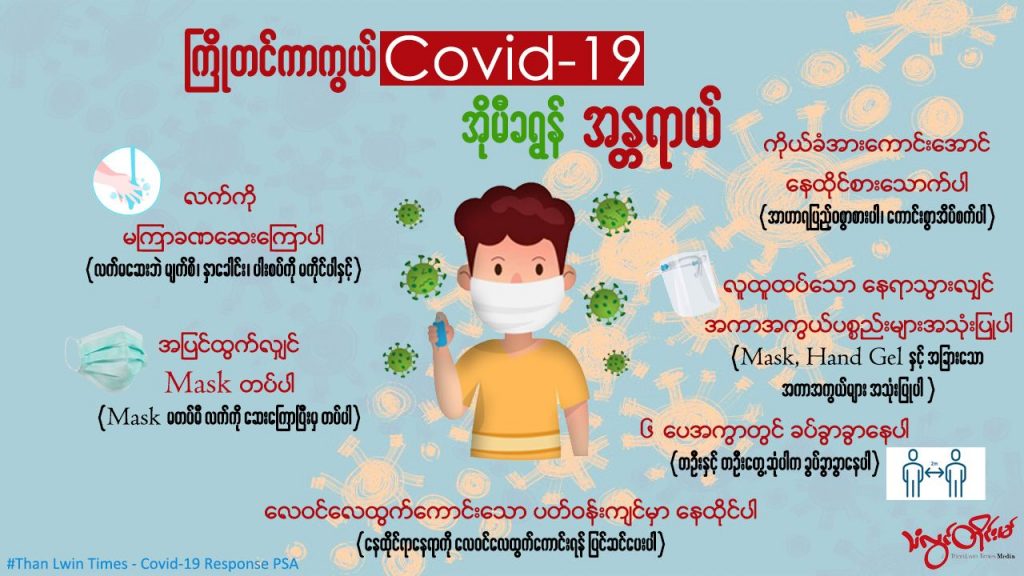Mawlamyine, February (4)
The revolutionary forces asserted that they would disregard the military council’s declaration of martial law and speed up the Spring Revolution.
The coup military council extended the state of emergency for six months from February 1 to July 31, and then 37 townships in eight regions and states were placed under martial law.
Among the townships designated as Martial Law areas are 11 townships in Sagaing Region, seven in Chin State, five each in Bago Region and Magway Region, four in Kayah State, two each in Tanintharyi Region and Karen State, and one in Mon State.
The leader of Ye Balu, a revolutionary group based in Ye Township, which has been declared under martial law, told Than Lwin Times that they believe the country has already been under martial law since coup, so they will step up their efforts to end the Spring Revolution as soon as possible.

In townships where Martial Law has been declared, military commanders have full administrative and judicial powers, and those who have been prosecuted do not have the right to appeal.
According to Marshall Law, military commanders and regional commanders may impose lengthy prison terms, and the prisoner may also get the death penalty, the harshest punishment, with the approval of the Military Council.
The Demoso People’s Defense Force’s Information Officer said that the military council has no one to govern because the people of Demoso are fleeing their homes.
The military courts of the townships designated as martial law can judge 23 types of cases, including treason, sedition of the government, crimes under Section 505 of the Criminal Code of Arms Act, murder, and inciting a government employee to commit a crime.
According to National Unity Government (NUG) Defense Minister U Yee Mon, townships under martial law are those under the control of the People’s Defense Forces.
News- Than Lwin Times

